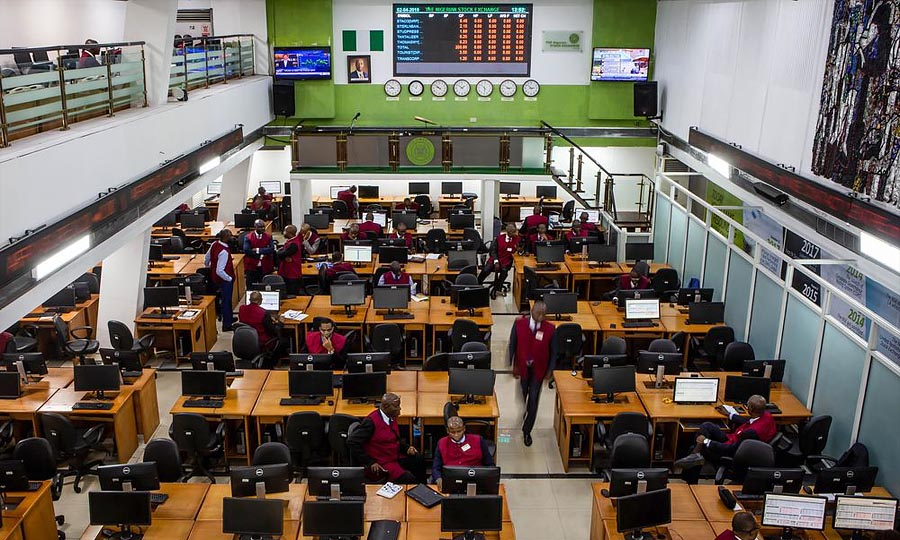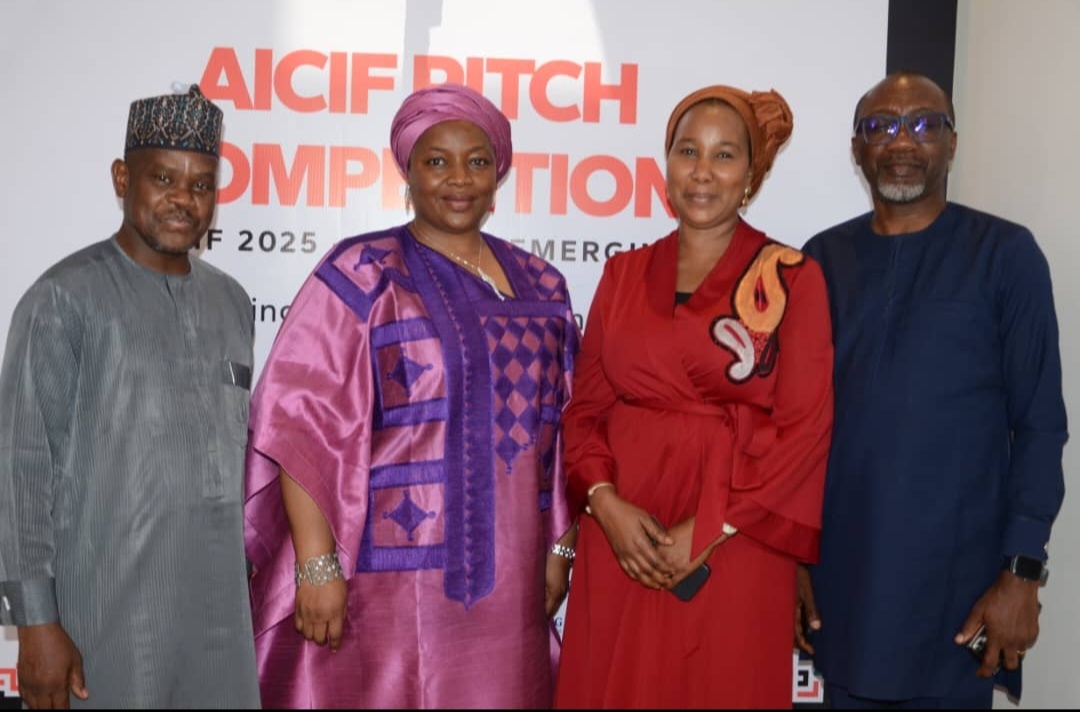*One in four Nigerian adults affected, with rising cases among youth
*Experts warn of late detection
*Stress, poor diet, alcohol, tobacco fueling incidents
Sunday Ehigiator
Health experts have raised fresh concerns over the alarming rise in hypertension cases, warning that the condition has become one of the most urgent global and national health challenges.
According to the World Health Organisation, more than 1.3 billion adults worldwide are living with hypertension, yet almost half of them remain unaware of their condition. Even more troubling is that only one in five people has their blood pressure under control.
In Nigeria, the situation is particularly severe. The World Heart Federation stated that hypertension affects one in four adults globally, and studies in Nigeria have indicated that roughly 25 per cent of emergency admissions in urban hospitals are due to hypertension-related complications.
Speaking with THISDAY yesterday, Lagos-based Cardiologist, Dr. Trevor Ovoh, noted a sharp rise in cases over the past few years, saying, “There has been a clear spike in hypertension in Nigeria.
“In my clinic alone, I now see nearly twice as many patients with dangerously high blood pressure compared to just three years ago. It is no longer unusual for me to attend to multiple new hypertension cases in a single day, including younger adults in their 20s and 30s, which was rare a few years back.”
He described the rising prevalence of hypertension as, “a ticking time bomb” for Nigeria’s healthcare system. He explained that many patients present late with complications such as stroke, kidney failure, or heart attack, conditions that are costlier and difficult to manage than early intervention.
“In my practice, I see too many patients who have lived with high blood pressure for years without knowing it,” Ovoh said. “By the time they come to the hospital, the damage has already been done. This is why regular screening and early detection must become part of our culture. A simple blood pressure check can save lives, but unfortunately, many Nigerians do not take it seriously until it is too late.”
He added that prevention requires a shift in both policy and lifestyle. “We need stronger public health campaigns, affordable access to medications, and greater investment in primary healthcare,” he stressed.
“But equally important, individuals must make conscious choices to eat healthier, exercise, manage stress, and avoid excessive alcohol and tobacco. Hypertension is largely preventable, and if we act early, we can reduce the burden on families and the healthcare system.”
Also speaking, Mental Health Specialist and Executive Director of ‘Life After Abuse Foundation’, Halima Layeni, noted that, “Hypertension is not just a cardiovascular problem. Stress, anxiety, depression, and emotional exhaustion are powerful drivers. Without tackling the mental health dimension, we cannot fully address the crisis.”
Data indicates that the prevalence of hypertension in Nigeria has surged dramatically, increasing by more than 500 per cent from 4.3 million cases in 1995 to 27.5 million in 2020.
Experts attributed this rise to lifestyle changes, urbanisation, diets high in salt and processed foods, obesity, smoking, alcohol consumption, poor sleep, and chronic stress. Poverty, low health literacy, and limited access to healthcare services further worsen the situation, leaving millions untreated.
Medical specialists described hypertension as a ‘silent killer’ because it often shows no symptoms until severe complications set in. When symptoms do appear, they may include persistent headaches, dizziness, blurred vision, nosebleeds, chest pain, or irregular heartbeat.
Gender differences also influence the trend. Men are more likely to develop hypertension at younger ages, often due to lifestyle habits and reluctance to seek medical care. Women, however, carry a heavier burden later in life, particularly after the age of 70, as hormonal changes and longer life expectancy make them more vulnerable.
According to Layeni, “In my professional opinion, the solution lies in integrated care that bridges the gap between physical and mental health. Hypertension should not be treated as an isolated cardiovascular issue, but as a condition deeply influenced by emotional, social, and psychological well-being. Health systems must scale up detection, treatment, and awareness campaigns, while also normalizing mental health care as a central part of hypertension management.
“On an individual level, people must be encouraged to care for their minds just as much as they care for their bodies. A calm, balanced emotional state reduces the strain on the heart and blood vessels, while poor mental health does the opposite.
“Unless we begin to treat hypertension with this holistic approach, we will continue to see rising numbers of cases, higher rates of complications, and unnecessary deaths.
“As a mental health specialist, I believe the key lies in prevention, early detection, and above all, acknowledging that the heart and the mind are inseparable. When we prioritise both, we give individuals, families, and communities the best chance at living longer, healthier, and more fulfilling lives.”
In her remarks, Chief Operating Officer at ByDow Pharmacy, Omobolanle Adekunle, stressed the need for stronger prevention and intervention strategies. “Healthy diets, regular physical activity, reduced alcohol and tobacco use, and effective stress management are all essential. We must also expand screening programmes to detect cases early and improve access to affordable treatment.
“To combat the rising hypertension epidemic in Nigeria, a multi-faceted approach is required. Possible solutions include strengthening primary healthcare by integrating non-communicable disease management and training healthcare workers.
“The HTN (hypertension) Program’s success in the Federal Capital Territory, achieving over 90 per cent treatment rates and 50 per cent control rates by December 2023, shows the potential of primary care models.
“We must also implement the WHO HEARTS package for standardised care and promote telehealth solutions. We must increase funding for non-communicable diseases and expand health insurance coverage. We must also address workforce migration by improving conditions for healthcare workers.”
The post Silent Killer: Experts Sound the Alarm on Hypertension Surge appeared first on THISDAYLIVE.



